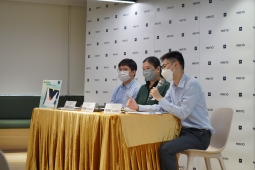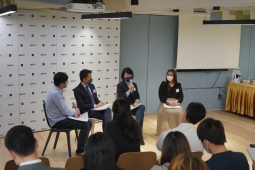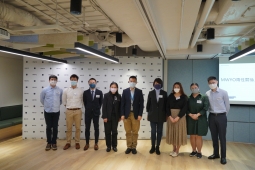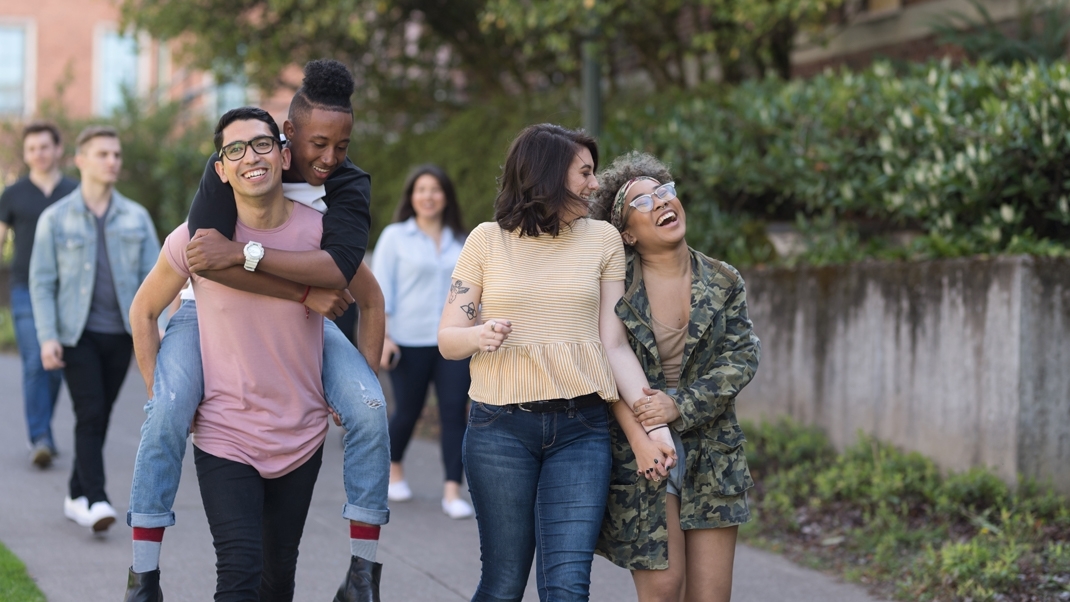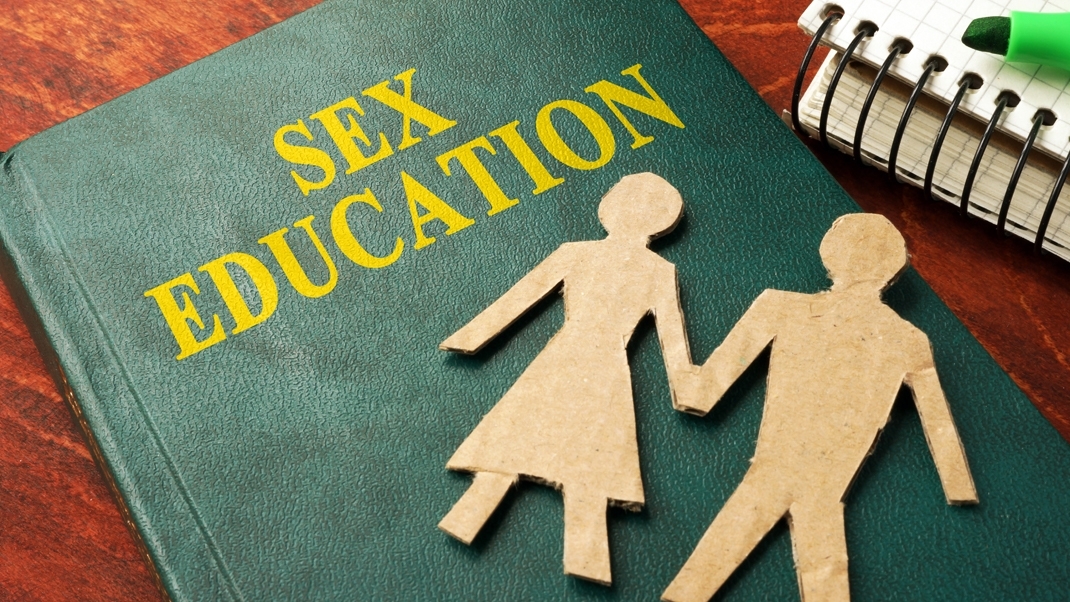14 DEC, 2021
Sex and Relationship Education Survey Report
Written by : Wingyee Wu, Angus Chan, Justin Chan, Emily Lo
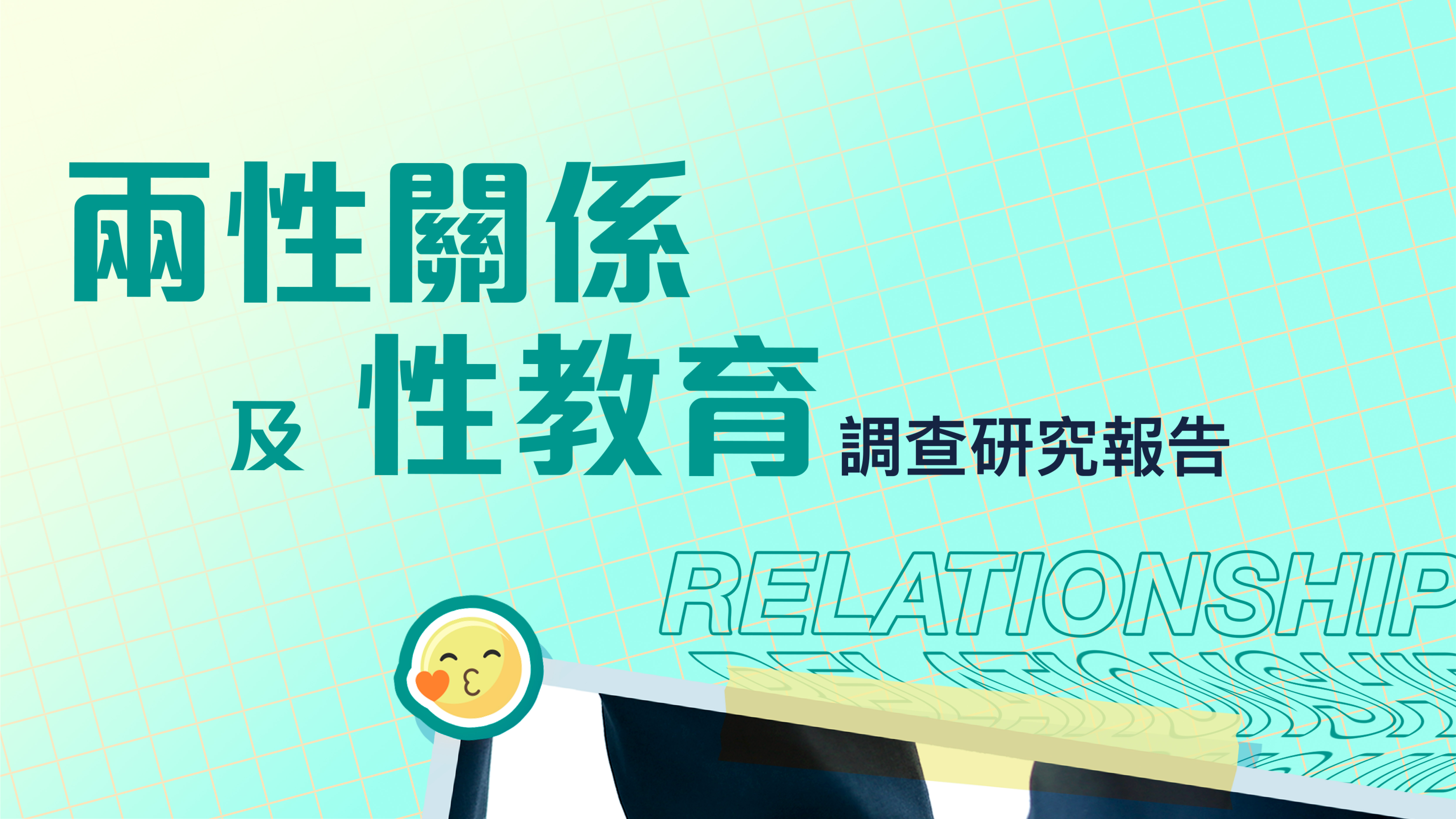
The sexual knowledge of Hong Kong’s secondary school students has long been criticised as inadequate, with evidence from recent years suggesting that the situation has deteriorated further. This inability to imbue students with correct sexual knowledge and attitudes has long been attributed to deficiencies in school-based sex and relationship education (thereafter sex education). It must be noted that this regression of sex education provision flies in the face of multiple overseas research extolling the benefits of sex education to both the physical and mental wellbeing of young people. A comprehensive and inclusive form of sex education, these research claim, not only reduces the risk of sexually transmitted infections and voluntary interruption of pregnancy amongst young people, but also contributes to a lower likelihood of them having depressive symptoms and suicidal thoughts.
As a result, MWYO believes that it is necessary to take stock of how Hong Kong’s secondary schools implement sex education and challenges they face. This research enables MWYO to generate practical policy recommendations for the government and schools on how to provide a form of sex education that is more attuned to the needs of students.
In this research MWYO identified 5 factors contributing to the lack of sexual knowledge amongst Hong Kong’s secondary school students: an outdated sex education guideline, sex education being considered low-priority in the school-based management framework, inadequate teaching time, a lack of teaching staff trained in providing sex education, and a conservative approach to sex education.
In order to better understand students’ expectation and assessment of the quality of sex education provided by their schools, as well as their sexual attitudes, MWYO collected 5,516 survey responses from 12 Hong Kong secondary schools (3,476 responses from F.1 to F.3 students and 2,040 responses from F.4 to F.6 students) between late January and late May 2021.
Our research found that:
- Teaching time allocated to sex education is low
- Most schools do not cover topics of students’ interest in adequate detail
- The format and impact of sex education fails to meet students’ expectation
- F.4 to F.6 students tend to obtain sex and relationship information from unreliable sources
- There are significant differences in sexual attitudes between different genders and grades, with a sizeable minority of boys displaying a lack of understanding on the concept of sexual consent
- Most students intend to use a male condom when having sexual intercourse, though some consider the rhythm method and withdrawal method as possible contraceptive options as well
Having taken stock of how Hong Kong’s secondary schools implement sex education and students’ expectation and assessment of sex education, we believe that collaboration and support from different stakeholders is required to provide comprehensive sex education to young people. On that front, MWYO’s research has the following policy recommendations:
- The Hong Kong government should renew guidelines and legal definitions related to sex education and sexual behaviour
- The Hong Kong government should assist schools in formulating their own sex education and related policies
- The Hong Kong government should consider providing schools with more training and funding in order to improve the provision of sex education
- Hong Kong Education City could work with NGOs and government departments to increase sex education teaching materials, and organise sex education-related seminars on a regular basis
- Schools should consider students’ preferences when designing sex education curricula, and provide students with media literacy education
- Schools need to work with different stakeholders in order to prevent and deal with sexual offences
Sharing Highlights


